July 17 stands as one of history’s most eventful days, witnessing the rise and fall of empires, groundbreaking discoveries, and moments that shaped our modern world across centuries of human achievement.
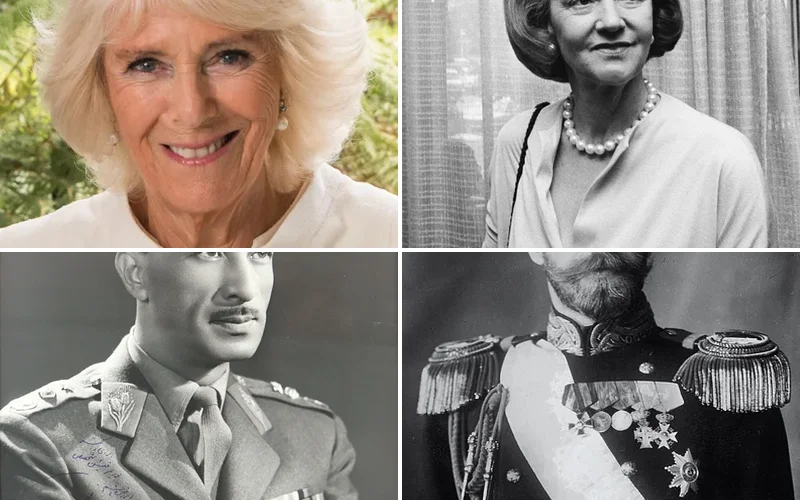
Politics and Government Events on July 17
1917 – King George V Issues Windsor Name Proclamation

King George V fundamentally transformed the British royal family’s identity by issuing a proclamation establishing Windsor as the official surname. The monarch’s decision replaced the Germanic House of Saxe-Coburg and Gotha during World War I tensions.
This strategic rebranding strengthened the monarchy’s connection to British soil and heritage. The Windsor name would endure through subsequent generations, becoming synonymous with British royal tradition.
1919 – Finnish Democracy Day Established
Finland officially confirmed its republican form of government, marking a decisive break from imperial Russian rule. The new constitution established democratic principles and parliamentary governance for the young nation.
This momentous decision created Finland’s Day of Democracy, celebrated annually on July 17. The constitutional framework laid foundations for Finland’s enduring democratic traditions and political stability.
1968 – Ba’ath Party Seizes Power in Iraq
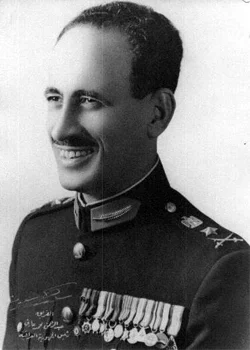
Ahmed Hassan al-Bakr led the Ba’ath Party in overthrowing Abdul Rahman Arif’s government in a swift military coup. Revolutionary forces consolidated control over key government institutions and military command centers.
The power shift brought radical socialist policies and pan-Arab nationalism to Iraqi governance. This political transformation would reshape Iraq’s domestic and regional policies for decades to come.
1973 – Afghan King Deposed in Italian Surgery
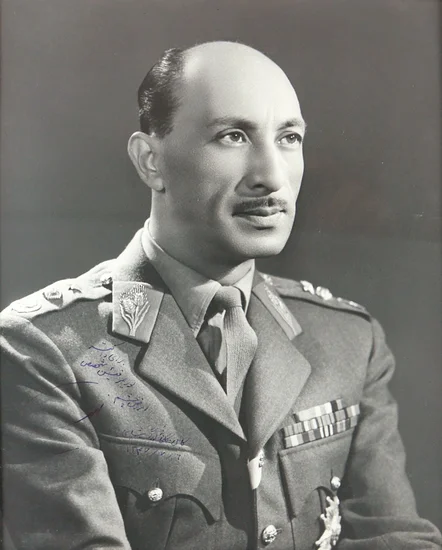
Mohammed Daoud Khan orchestrated a bloodless coup against his cousin, King Mohammed Zahir Shah, while the monarch underwent medical treatment in Italy. The conspirators seized control of Kabul and abolished the monarchy.
This dramatic power shift ended centuries of royal rule in Afghanistan. Daoud Khan’s republican government would face mounting challenges that eventually led to Soviet intervention.
1981 – Nicaraguan Dictator Flees to Miami
General Anastasio Somoza Debayle resigned from power and fled Nicaragua as Sandinista forces approached the capital. The dictator’s departure ended decades of authoritarian rule and American-backed governance.
Somoza’s escape to Miami marked the triumph of revolutionary forces throughout Nicaragua. The political transformation brought socialist policies and alignment with Soviet interests in Central America.
1998 – International Criminal Court Established
Diplomats from 120 nations adopted the Rome Statute, creating the world’s first permanent international criminal court. The historic agreement established jurisdiction over genocide, crimes against humanity, and war crimes.
Legal experts crafted comprehensive frameworks for prosecuting individuals regardless of their official status. The court’s establishment in The Hague represented unprecedented international cooperation in criminal justice.
Military and Naval History on July 17
1918 – Tsar Nicholas II and Family Executed
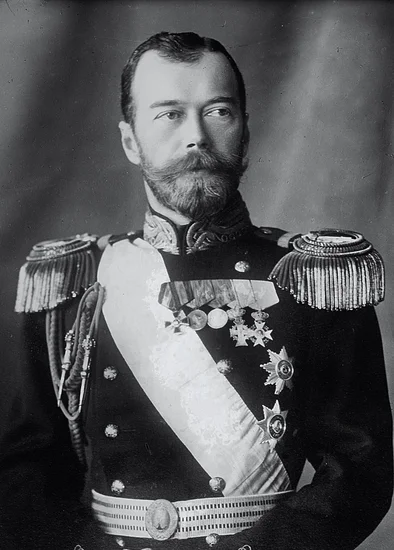
Bolshevik Chekists executed Tsar Nicholas II, his wife Alexandra, their five children, and four loyal retainers in Yekaterinburg’s Ipatiev House. The brutal murders eliminated the Russian imperial family during the civil war’s chaos.
Revolutionary forces sought to prevent monarchist restoration by destroying the Romanov dynasty’s direct line. This savage act symbolized the complete break between imperial Russia and the emerging Soviet state.
1936 – Spanish Civil War Begins
Spanish military forces launched a coordinated rebellion against the elected Popular Front government, triggering three years of devastating civil war. Nationalist generals initiated uprisings across Spain’s colonial territories and mainland provinces.
The conflict immediately drew international involvement from fascist and communist powers. This brutal war became a prelude to World War II’s ideological battles and military innovations.
1944 – Field Marshal Rommel Severely Wounded
Allied fighter aircraft attacked Field Marshal Erwin Rommel’s staff car near Sainte-Foy-de-Montgommery, inflicting serious injuries on Germany’s most celebrated commander. The assault fractured Rommel’s skull and removed him from active duty.
This attack effectively ended Rommel’s military career and weakened German defensive coordination in Normandy. The “Desert Fox” would later face execution for his alleged involvement in anti-Hitler conspiracies.
1945 – Potsdam Conference Convenes
Winston Churchill, Harry Truman, and Joseph Stalin gathered in occupied Germany to determine the defeated nation’s future. The Allied leaders addressed territorial adjustments, democratic reconstruction, and war reparations.
These negotiations established post-war European boundaries and occupation zones. The conference’s decisions shaped Cold War tensions and Germany’s eventual division into separate states.
1953 – Battle of Chu Dreh Pass Ends Indochina War
Viet Minh forces successfully ambushed French armored column GM 42 in the Central Highlands, marking the conflict’s final major engagement. The devastating attack eliminated French military presence in the strategic mountain region.
This tactical victory completed Vietnam’s liberation from French colonial rule after eight years of warfare. The battle’s outcome forced France to accept complete withdrawal from Indochina.
Science and Discovery Milestones on July 17
1902 – First Air Conditioner Created

Willis Carrier invented the world’s first electrical air conditioning system in Buffalo, New York, revolutionizing indoor climate control. His innovative design removed humidity and regulated temperature for industrial printing applications.
The breakthrough technology transformed architecture, manufacturing, and daily life across hot climates. Carrier’s invention enabled population growth in southern regions and improved productivity in countless industries.
1962 – Final Atmospheric Nuclear Test
The United States detonated “Small Boy,” the last atmospheric nuclear test at the Nevada National Security Site. This “Little Feller I” explosion concluded decades of above-ground weapons testing on American soil.
Environmental concerns and international treaties pushed nuclear testing underground after this final demonstration. The test marked America’s transition toward more controlled nuclear weapons development programs.
1989 – B-2 Spirit Stealth Bomber First Flight
The revolutionary B-2 Spirit stealth bomber completed its maiden flight, showcasing advanced radar-evading technology. The aircraft’s unique flying wing design and specialized materials rendered it virtually invisible to enemy detection systems.
This technological marvel represented the pinnacle of Cold War military aviation development. The bomber’s stealth capabilities fundamentally changed strategic warfare and defense planning worldwide.
2018 – Twelve New Jupiter Moons Discovered
Astronomer Scott Sheppard announced his team’s discovery of twelve previously unknown irregular moons orbiting Jupiter. The groundbreaking findings expanded Jupiter’s known satellite count and provided new insights into planetary formation.
These discoveries utilized advanced telescopic technology and computational analysis techniques. The research enhanced understanding of our solar system’s structure and gravitational dynamics.
Cultural and Arts Events on July 17
1955 – Disneyland Opens in Anaheim
Walt Disney dedicated and opened his revolutionary theme park in Anaheim, California, creating an entirely new form of family entertainment. The park featured innovative attractions, immersive storytelling, and unprecedented attention to detail.
Disneyland established the template for modern theme parks and transformed the entertainment industry. Disney’s vision influenced urban planning, customer service standards, and popular culture worldwide.
1959 – Jazz Legend Billie Holiday Dies
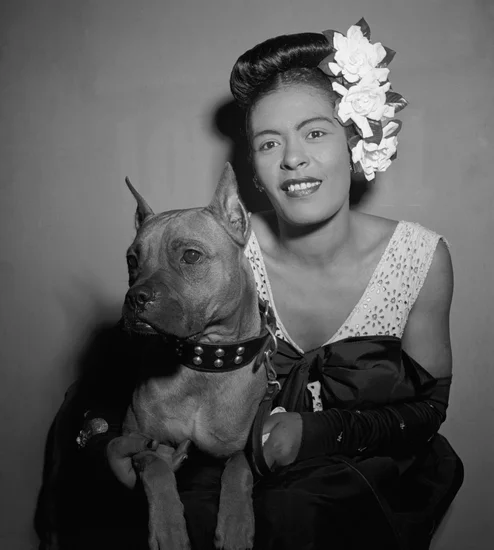
Billie Holiday, the incomparable jazz vocalist known for her emotional depth and unique phrasing, passed away at age 44. Her distinctive voice and tragic personal story made her one of America’s most influential musical artists.
Holiday’s recordings of “Strange Fruit” and other classics addressed social injustice with unprecedented power. Her artistic legacy continues influencing singers and musicians across all genres.
1967 – John Coltrane Passes Away
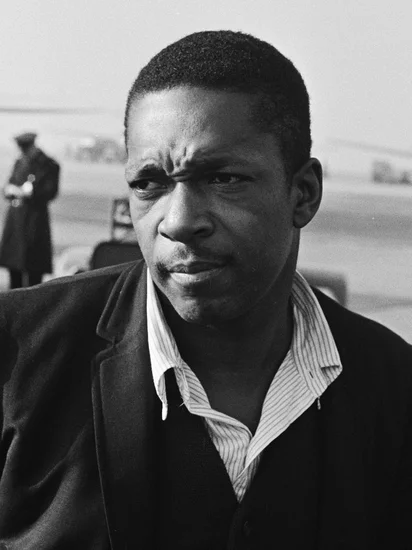
Revolutionary jazz saxophonist and composer John Coltrane died at age 40, leaving behind an extraordinary musical legacy. His innovative approach to improvisation and spiritual themes transformed modern jazz and influenced countless musicians.
Coltrane’s albums “A Love Supreme” and “Giant Steps” redefined jazz’s possibilities and complexity. His artistic vision bridged traditional jazz with avant-garde experimentation and spiritual expression.
Religious and Social Events on July 17
1932 – Altona Bloody Sunday Riot
Nazi paramilitary forces clashed violently with German Communist Party members in Altona, creating deadly street warfare. The brutal confrontation demonstrated escalating political tensions in Weimar Germany’s final years.
This violent episode revealed democracy’s fragility against extremist movements. The riot’s aftermath strengthened Nazi propaganda claims about communist threats and social disorder.
1976 – African Nations Boycott Montreal Olympics
Twenty-five African nations withdrew from the Montreal Olympics to protest New Zealand’s participation in South African sporting events. The boycott highlighted international opposition to apartheid policies and racial discrimination.
This coordinated action demonstrated sport’s power as a vehicle for political protest. The boycott pressured the International Olympic Committee to address apartheid’s influence on international athletics.
1989 – Vatican Restores Relations with Poland
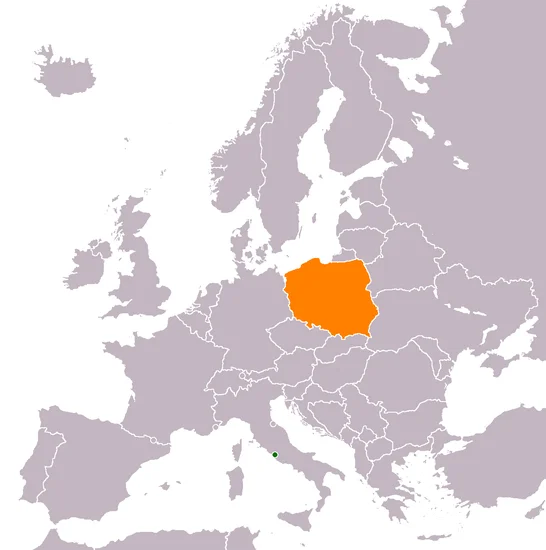
The Holy See officially restored diplomatic relations with Poland after decades of communist suppression. This historic reconciliation recognized Poland’s democratic transformation and religious freedom restoration.
The diplomatic breakthrough strengthened Catholic Church influence in Eastern Europe’s democratization. Polish Pope John Paul II’s leadership facilitated this important step toward religious liberty.
Business and Economic Events on July 17
1984 – National Drinking Age Raised to 21
The United States officially raised the national drinking age from 18 to 21 through federal legislation. The law threatened highway funding cuts for states that maintained lower drinking ages.
This policy change aimed to reduce drunk driving fatalities and alcohol-related accidents among young adults. The legislation sparked debates about states’ rights and federal authority over local regulations.
1985 – EUREKA Network Founded

Former heads of state François Mitterrand and Helmut Kohl established the EUREKA Network to promote European technological cooperation. The initiative aimed to strengthen Europe’s competitiveness in advanced technology sectors.
This partnership fostered collaboration between European research institutions and private companies. EUREKA’s programs advanced innovation in telecommunications, materials science, and industrial automation.
1976 – East Timor Annexed by Indonesia
Indonesia formally annexed East Timor as its 27th province following military occupation. The annexation consolidated Indonesian control over the former Portuguese colony despite international opposition.
This territorial acquisition sparked decades of resistance and international condemnation. The annexation’s legacy contributed to eventual independence movements and regional instability.
Transportation and Infrastructure on July 17
1901 – Deutschland Sets Transatlantic Record
The German liner Deutschland established a new eastbound transatlantic speed record of five days, eleven hours, and five minutes. The achievement demonstrated German maritime engineering excellence and competitive spirit.
This record-breaking voyage intensified international competition for ocean travel supremacy. German shipping companies challenged British dominance through superior technology and operational efficiency.
1938 – Wrong Way Corrigan’s Famous Flight

Douglas Corrigan took off from Brooklyn intending to fly to California but instead flew to Ireland, earning the nickname “Wrong Way Corrigan.” His unauthorized transatlantic flight captured public imagination and media attention.
Corrigan’s “mistake” became a celebrated example of aviation daring and individual determination. The flight demonstrated small aircraft’s growing capabilities and pilots’ adventurous spirit.
1981 – Hyatt Regency Walkway Collapse

A catastrophic structural failure caused walkways to collapse at the Hyatt Regency in Kansas City, Missouri, killing 114 people and injuring over 200. The disaster resulted from design flaws and construction errors.
This tragedy prompted major changes in building codes and engineering oversight procedures. The collapse became a case study in engineering ethics and professional responsibility.
1996 – TWA Flight 800 Explodes

TWA Flight 800, a Boeing 747 bound for Paris, exploded off Long Island’s coast, killing all 230 passengers and crew aboard. The disaster triggered extensive investigations into aircraft safety and security procedures.
The explosion raised questions about fuel tank safety and potential terrorist activities. Investigation findings led to significant improvements in aviation safety protocols and emergency response procedures.
Sports and Recreation on July 17
1920 – Juan Antonio Samaranch Born
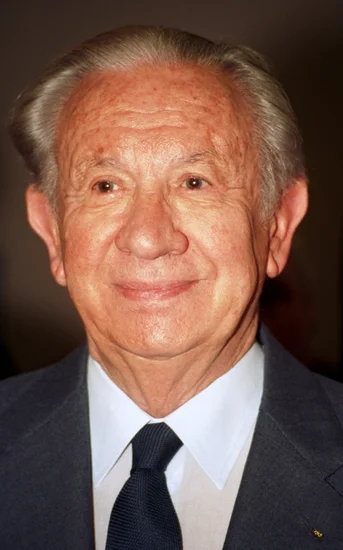
Juan Antonio Samaranch entered the world in Barcelona, Spain, beginning a life that would transform international Olympic competition. His childhood exposure to sports and politics shaped his future leadership ambitions.
Samaranch would later serve as International Olympic Committee president for over two decades. His leadership modernized the Olympics and expanded global participation in international athletic competition.
1961 – Ty Cobb Dies

Ty Cobb, baseball’s fiercest competitor and one of its greatest players, passed away at age 74. His aggressive playing style and record-setting achievements made him a legendary figure in American sports history.
Cobb’s batting records stood for decades, inspiring generations of baseball players. His complex personality and competitive drive embodied early professional baseball’s intensity and determination.
1974 – Dizzy Dean Passes Away
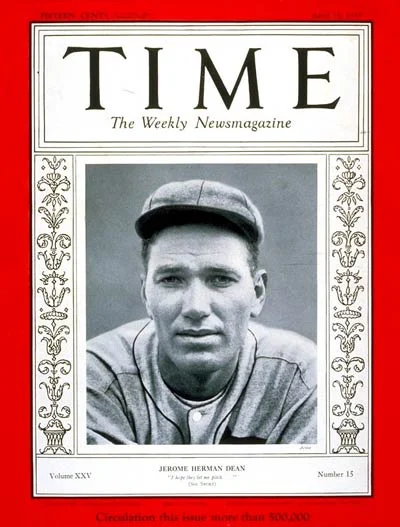
Baseball pitcher and broadcaster Dizzy Dean died at age 64, ending a colorful career in professional sports. His folksy commentary and pitching excellence made him beloved by fans nationwide.
Dean’s transition from star pitcher to popular broadcaster demonstrated athletes’ potential for media careers. His entertaining personality and baseball knowledge influenced sports broadcasting for generations.
Notable Births on July 17
1917 – Phyllis Diller Born

Phyllis Diller entered the world in Lima, Ohio, destined to become one of America’s most groundbreaking female comedians. Her unconventional appearance and self-deprecating humor challenged traditional entertainment boundaries.
Diller’s career spanned decades of television, film, and live performances. Her success opened doors for future female comedians and redefined women’s roles in entertainment.
1947 – Queen Camilla Born

Camilla Shand was born in London, beginning a life that would eventually lead to the British throne. Her aristocratic background and education prepared her for future royal responsibilities.
Camilla’s journey from socialite to queen consort demonstrates the monarchy’s evolution and adaptation. Her charitable work and public service have earned respect and admiration.
1952 – David Hasselhoff Born

David Hasselhoff was born in Baltimore, Maryland, launching a career that would span television, music, and popular culture. His charismatic presence and versatile talents made him an international entertainment icon.
Hasselhoff’s roles in “Knight Rider” and “Baywatch” achieved global popularity and cultural significance. His unexpected musical success in Germany demonstrated entertainment’s cross-cultural appeal.
1954 – Angela Merkel Born
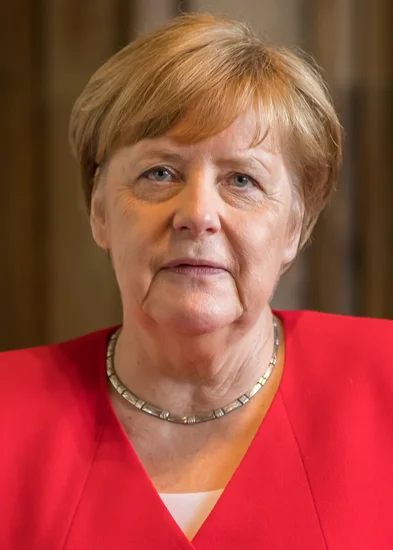
Angela Merkel was born in Hamburg, West Germany, beginning a remarkable journey from scientist to world leader. Her analytical mind and political acumen would reshape European politics.
Merkel’s leadership as German Chancellor spanned crucial decades of European integration and global challenges. Her pragmatic approach and steady leadership earned international respect and influence.
Notable Deaths on July 17
1912 – Henri Poincaré Dies
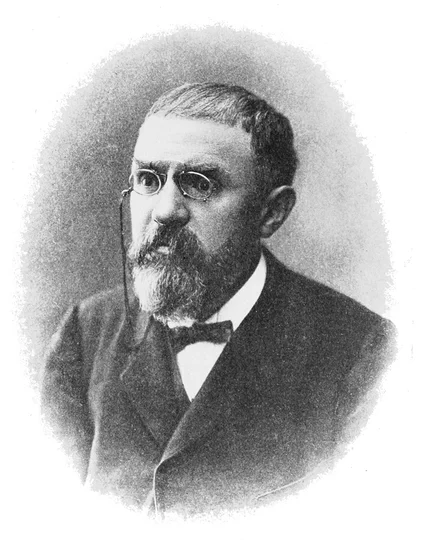
Henri Poincaré, the brilliant French mathematician and physicist, passed away at age 58 after revolutionizing multiple scientific fields. His contributions to topology, celestial mechanics, and relativity theory advanced human understanding of the universe.
Poincaré’s work laid foundations for modern mathematical physics and chaos theory. His interdisciplinary approach influenced generations of scientists and philosophers.
1946 – Draža Mihailović Executed
Serbian general Draža Mihailović was executed by communist Yugoslav authorities for war crimes and collaboration charges. His wartime resistance leadership remained controversial in post-war political settlements.
Mihailović’s death symbolized the complex moral choices faced during World War II’s brutal conflicts. His legacy continues influencing discussions about resistance, collaboration, and historical justice.
2001 – Katharine Graham Dies

Katharine Graham, publisher of The Washington Post, passed away at age 84 after transforming American journalism. Her leadership during the Pentagon Papers and Watergate investigations demonstrated press freedom’s vital importance.
Graham’s courage in challenging government authority strengthened democratic institutions. Her memoir and business leadership inspired women in media and corporate leadership.
2009 – Walter Cronkite Dies
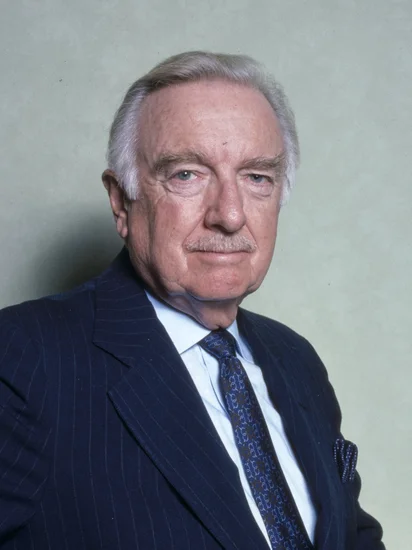
Walter Cronkite, “the most trusted man in America,” died at age 92 after defining television journalism’s golden age. His authoritative presence and ethical standards established broadcast news credibility.
Cronkite’s coverage of major events from World War II to the moon landing shaped public understanding. His legacy continues influencing journalism standards and public trust in media.
Holidays and Observances on July 17
Constitution Day (South Korea)

South Korea celebrates Constitution Day commemorating the adoption of its democratic constitution in 1948. The holiday honors the establishment of democratic principles and constitutional government following liberation from Japanese occupation.
Citizens participate in ceremonies and educational programs highlighting constitutional rights and democratic values. The observance strengthens national identity and commitment to democratic governance.
World Emoji Day
International communities celebrate World Emoji Day recognizing these digital symbols’ impact on modern communication. The holiday promotes understanding of visual communication’s evolution in digital age.
Emoji usage has transformed written communication across cultures and languages. The celebration acknowledges technology’s role in creating new forms of human expression and connection.
King’s Birthday (Lesotho)
Lesotho observes King’s Birthday honoring the monarch’s role in national identity and cultural preservation. The celebration reinforces constitutional monarchy’s importance in Basotho society and traditions.
Citizens participate in traditional ceremonies and cultural displays showcasing national heritage. The holiday strengthens bonds between the monarchy and democratic institutions.
